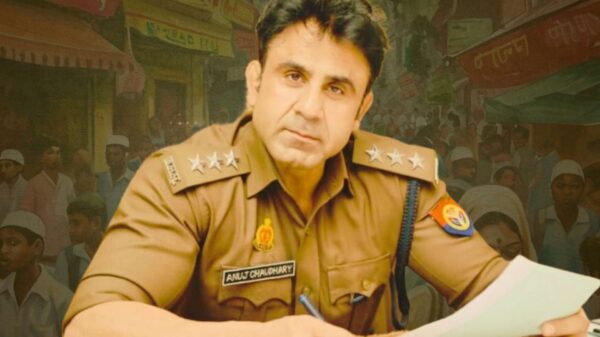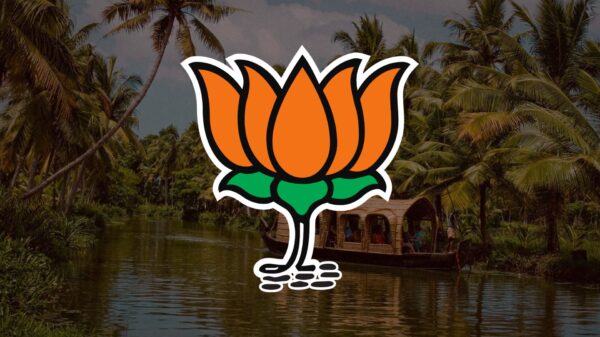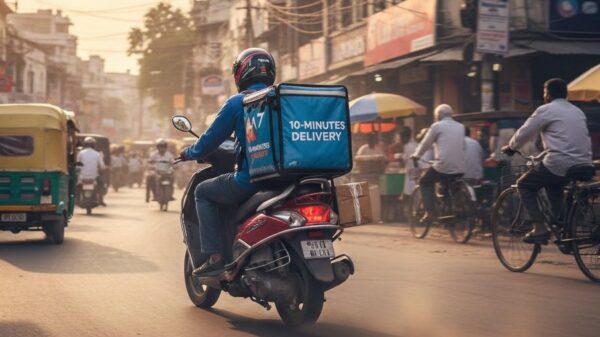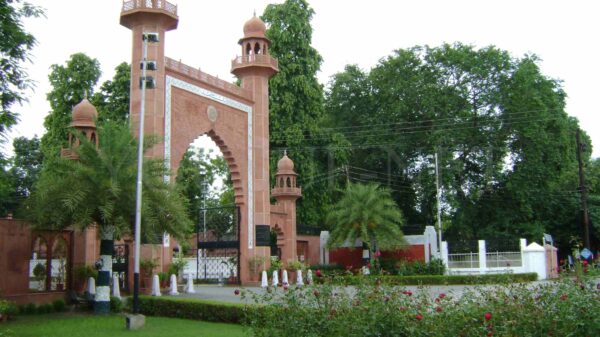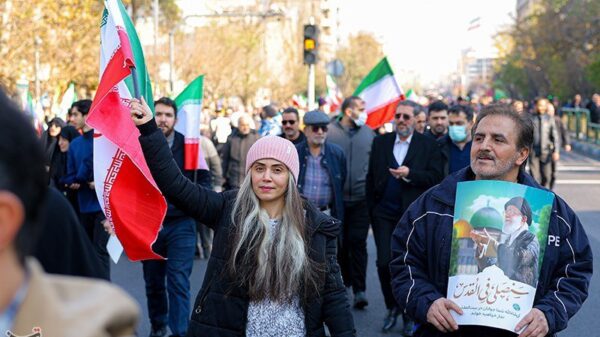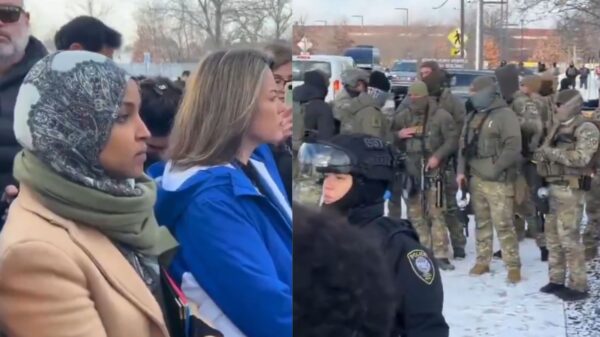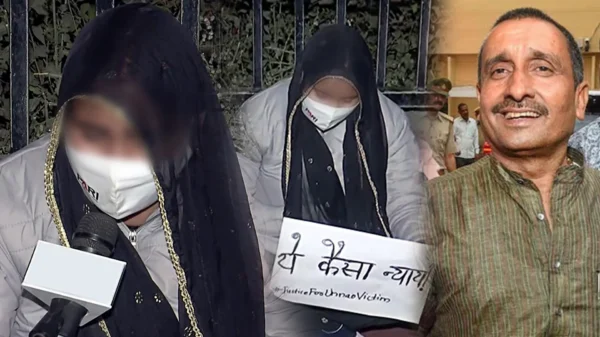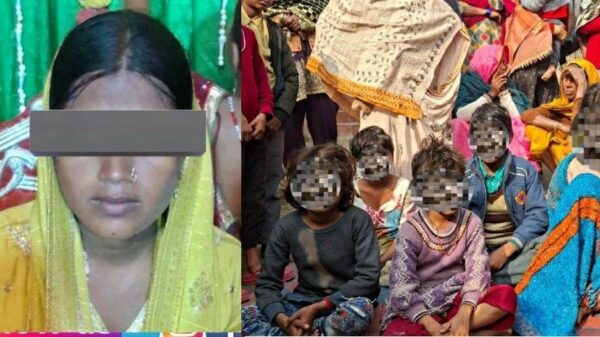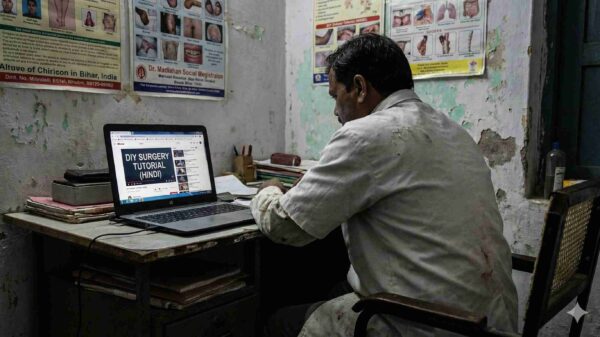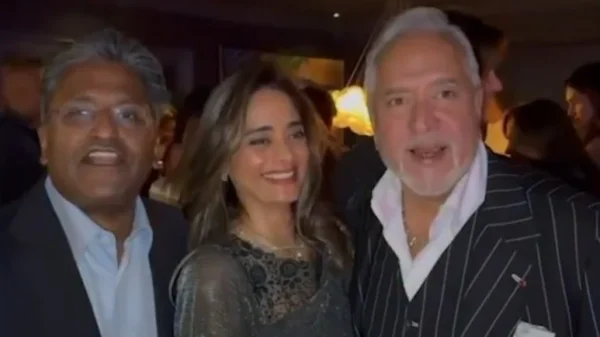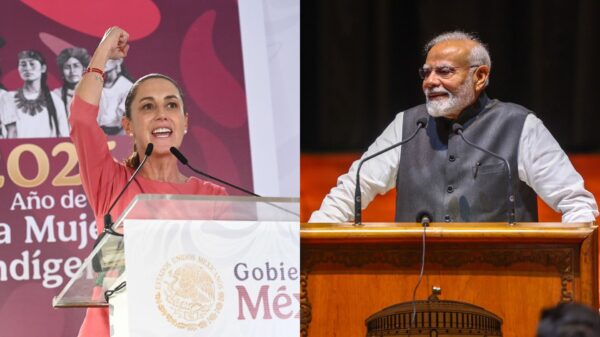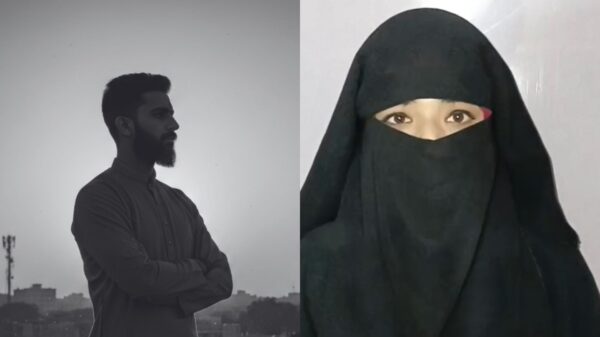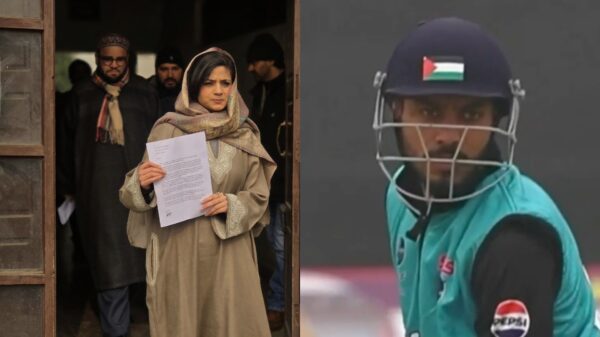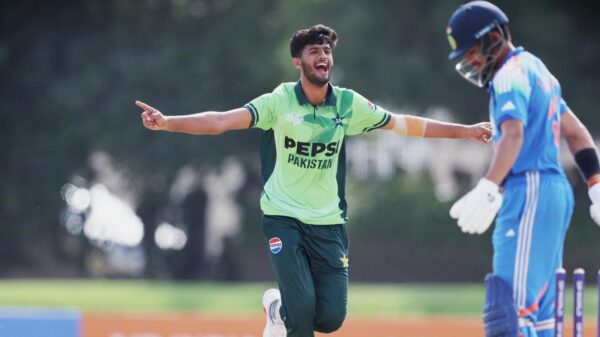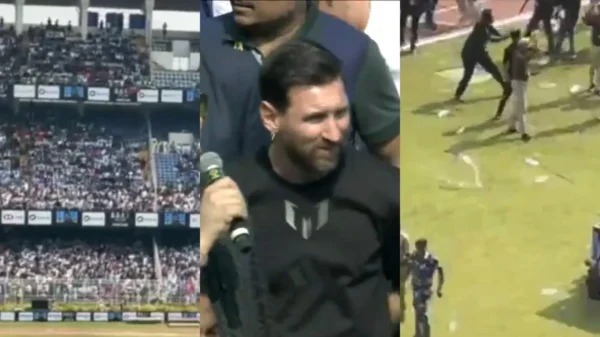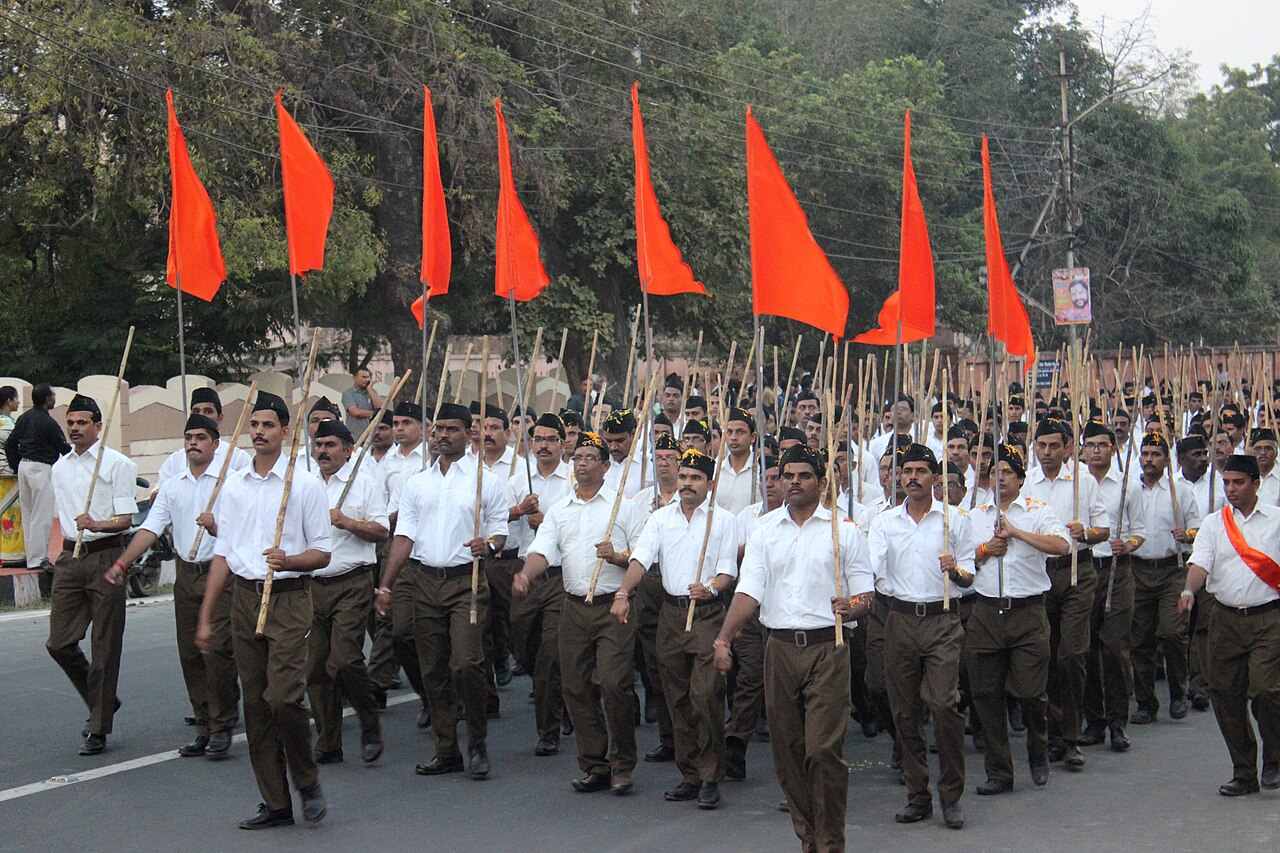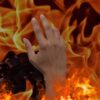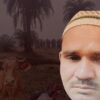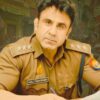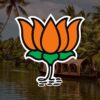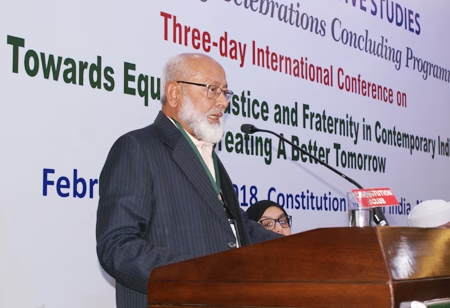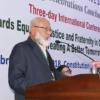Delhi’s government schools will soon begin teaching students about the Rashtriya Swayamsevak Sangh (RSS) as part of the newly launched Rashtraneeti Programme. The programme, unveiled on September 18 during the Namo Vidya Utsav, aims to “instill democratic values and awareness of India’s freedom struggle” but has drawn criticism for highlighting the RSS and its leaders.
Delhi Education Minister Ashish Sodhi confirmed that the curriculum is still being prepared and will focus on the “history, ideology, and social activities” of the RSS. “The syllabus will cover key RSS leaders and their social initiatives, as well as its historical formation,” Sodhi told The Indian Express.
The lessons will trace the founding of the RSS in 1925 by Keshav Baliram Hedgewar and include the contributions of leaders such as Atal Bihari Vajpayee and Prime Minister Narendra Modi. Students will also be introduced to figures like Vinayak Damodar Savarkar, Shyama Prasad Mukherjee, Sardar Vallabhbhai Patel, and Subhas Chandra Bose under a section on “unsung heroes.”
Classes under Rashtraneeti are scheduled for the first and third week of every month. Students will also participate in youth parliaments, electoral literacy clubs, subcommittees, and field visits.
However, the move has sparked concern among parents and civil society groups, who argue that the programme risks sidelining minority voices. “Our children should learn about all communities that contributed to the freedom struggle, not just those associated with one organisation,” said a parent, requesting anonymity. “We fear this may create communal bias in young minds.”
Teachers too remain uncertain. “No booklet has been issued yet, so teachers are unsure how to approach these lessons,” said one government school teacher. Another added that schools are currently busy with student committee elections, and actual classes have not begun.
Zafar Hussain, a community leader from Jamia Nagar, warned that glorifying the RSS could distort history: “It is crucial that our children see the contributions of all communities, Muslims, Sikhs, Dalits, and Christians, in shaping India’s democracy. Education should unite, not divide.”
While teacher training sessions have begun at the State Council of Educational Research and Training (SCERT), officials have not clarified which classes will be the first to adopt the new curriculum.
As the rollout begins, parents and educators are calling for a more balanced approach, urging the government to ensure schools do not become, as one critic put it, “platforms for partisan history lessons.”






